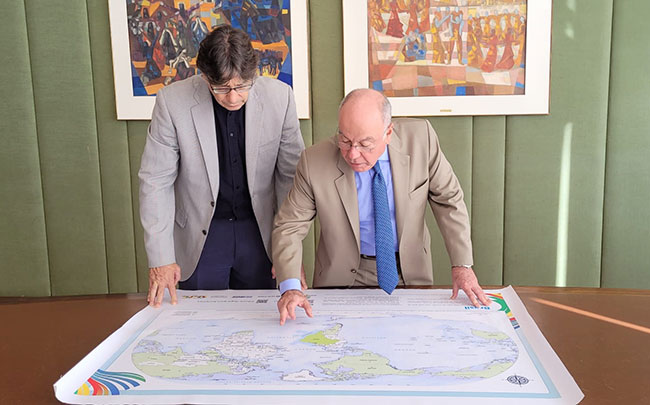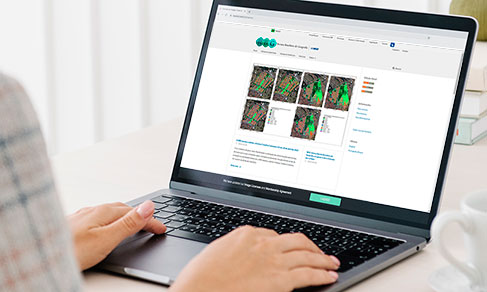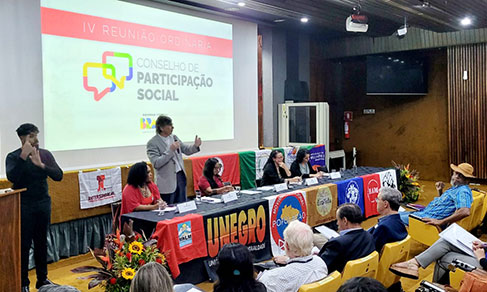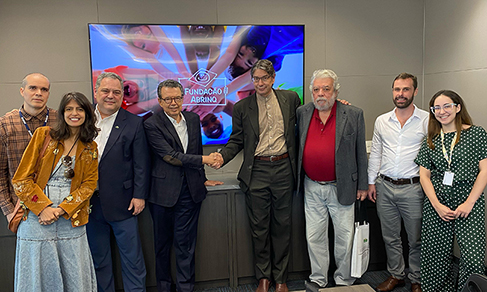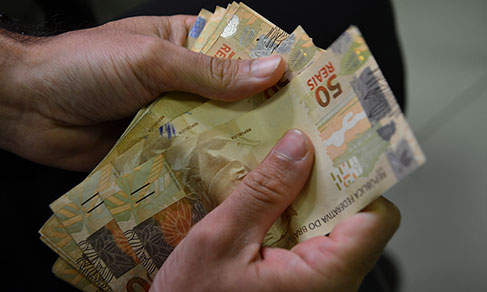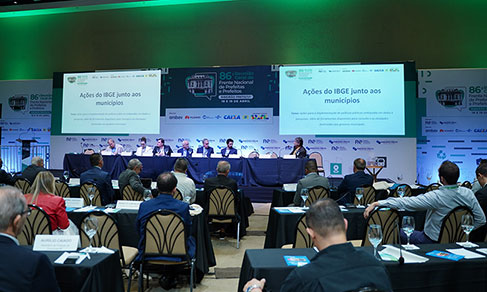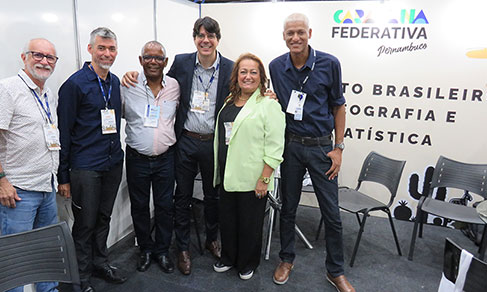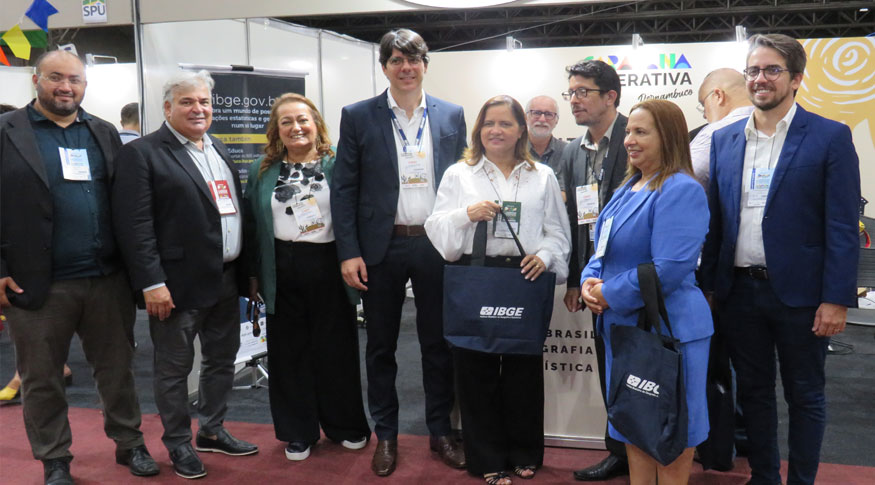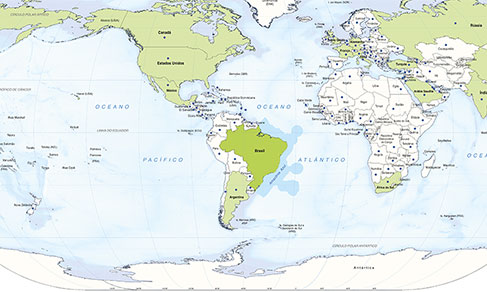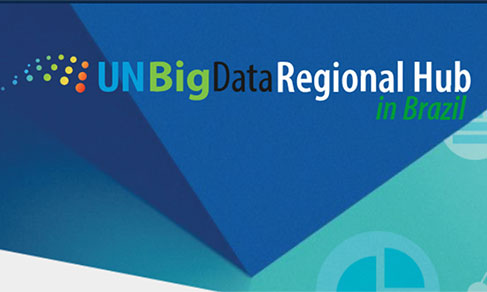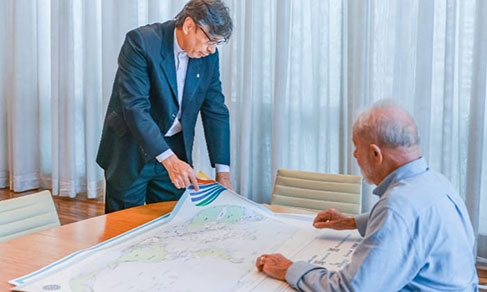IBGE trains African countries in electronic data collection
August 03, 2017 09h00 AM | Last Updated: September 04, 2017 09h21 AM
Leaving paper questionnaires behind and conducting a population census with electronic data collection is a challenge for any statistical institute. Despite being aware of this fact, Brazil was the first country in the world to embrace the task and carry out a fully digital census in 2010. The success of the operation led Brazil to sign several technical cooperation agreements with countries interested in the same project, especially in the African continent. One of these partnerships resulted in the creation of Reference Centers in Censuses with Electronic Data Collection in Africa.
The objective of the project is to enable the African countries which already carry out electronic data collection to train other countries of the continent also interested in conducting a population census with electronic collection (nearly the year 2020). The idea is to structure three centers, led by countries from three different languages: Cape Verde (Portuguese), Senegal (French) and an English speaking country yet to be defined.
Multiplication of knowledge
According to Luciana Prazeres, IBGE manager in charge of the Reference Centers project, in practical terms the goal now is to prepare Cape Verde and Senegal to pass on to African countries the methodology of electronic data collection. "Both have already conducted an electronic census with the support of the IBGE, but they need to improve their methodology to be able to cooperate with other countries," says Luciana.
According to Cynthia Gomes Damasceno, IBGE technician responsible for the training, a key element is the use of a specific application which teaches how to use the Mobile Collection Device (DMC). There are also manuals on the technological infrastructure and on questionnaire design in the context of digital technology, as well as discussions about the problems faced in the collection.
"We will show them that we have an enormous country, with very difficult places to get to. Even so, we chose to carry out a digital census and find solutions to those difficulties. We do not use paper anywhere", says Cynthia.
In the final phase of training, these countries are monitored as they propagate the knowledge they have gained. According to Luciana, after this stage, attempts to create partnerships are encouraged in order to raise funds for equipment acquisition - the devices can be used by the countries in rotation.
"According to the UN, this project focuses on improving statistical production capacity. Undoubtedly, electronic data collection is a key factor when it comes to timely results and effective, good-quality data ", explains Luciana.
International cooperation
The project of Reference Centers in Censuses with Electronic Data Collection in Africa was conceived through the partnership of the Brazilian Cooperation Agency (ABC), the United Nations Population Fund (UNFPA) and the IBGE, within the scope of South-South Cooperation, a modality of international technical cooperation between developing countries. The goal is to share challenges and similar experiences through knowledge exchange.
Text: Marcelo Benedicto
Image: Carlos Thadeu Pacheco


